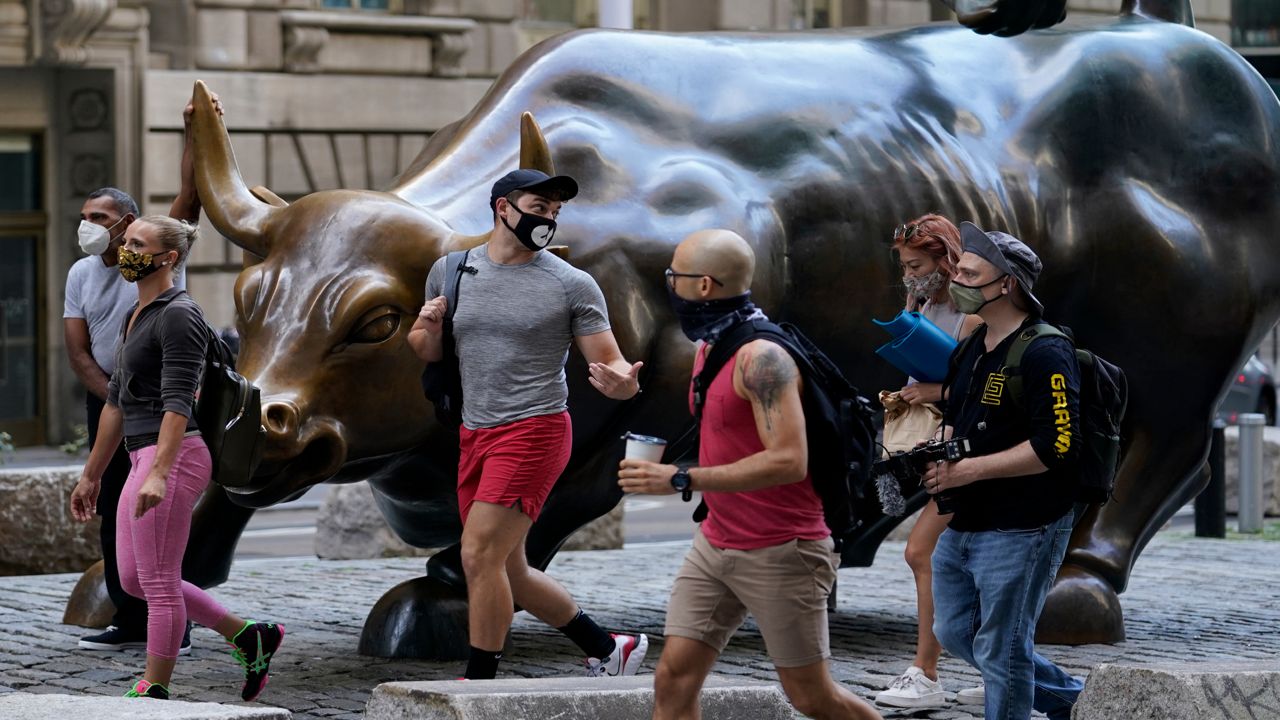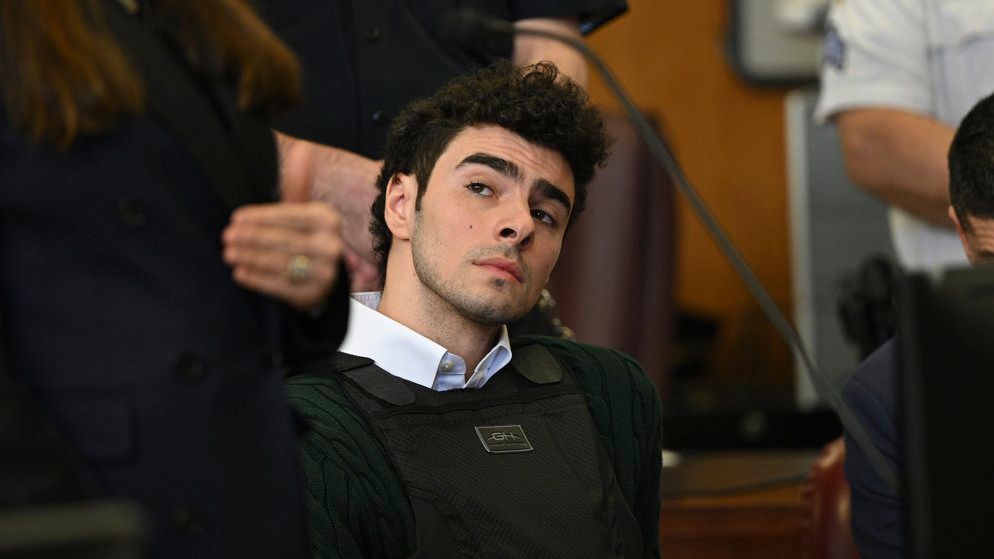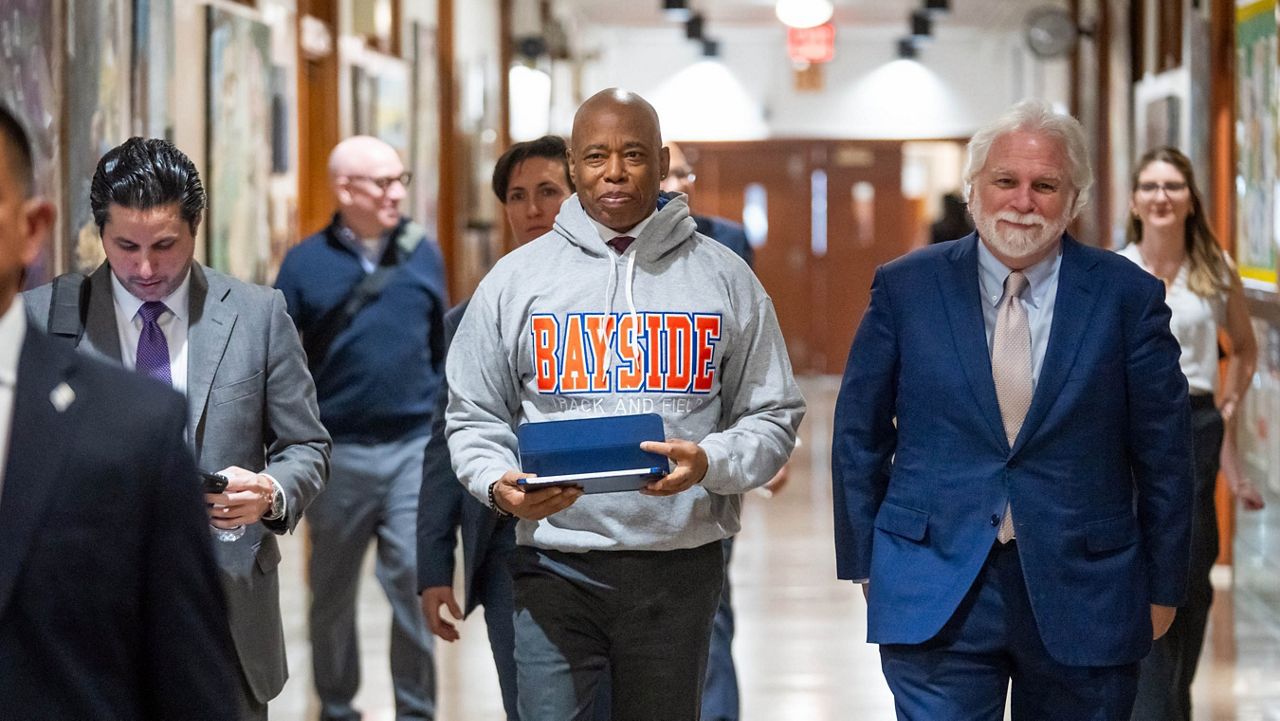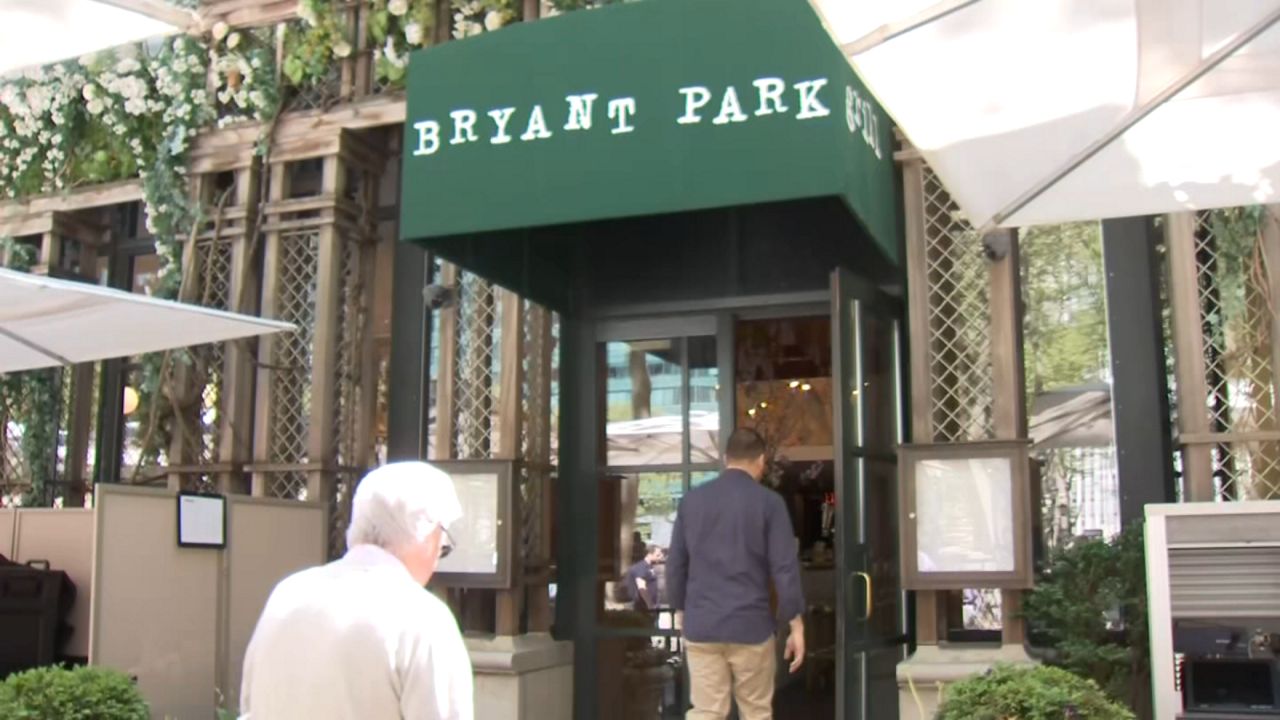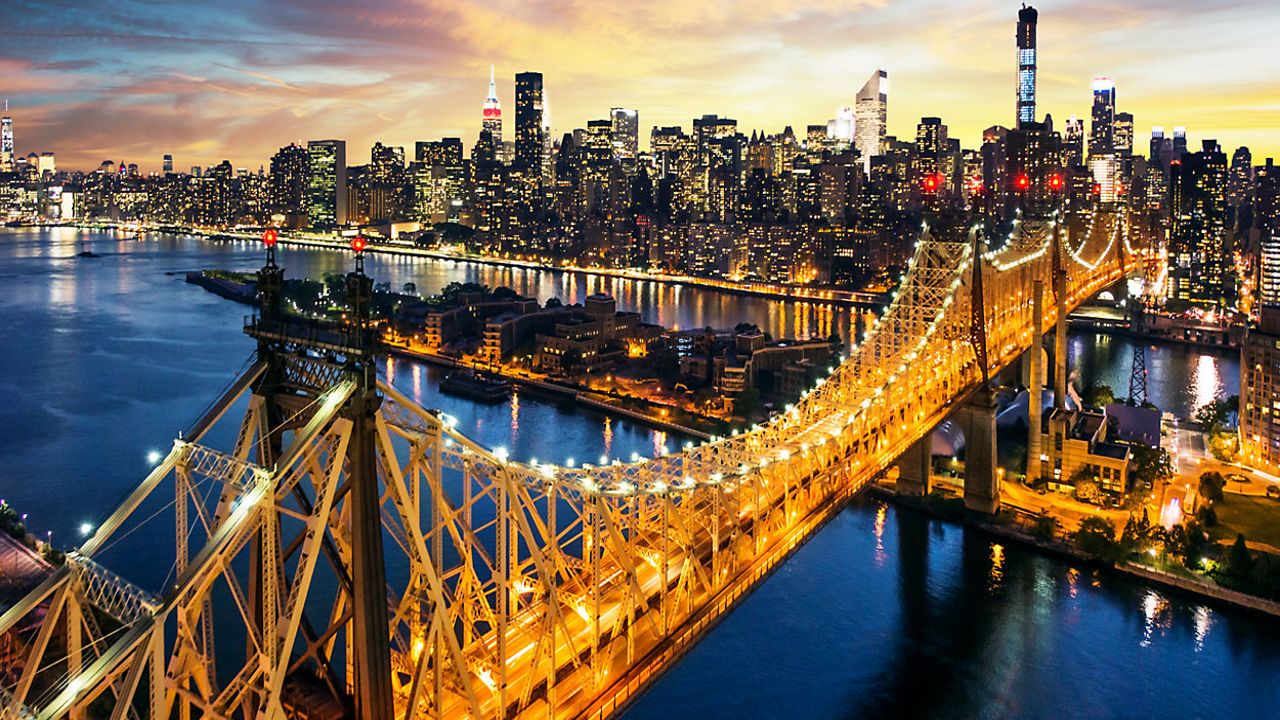Nearly two years ago, Anne Helen Peterson couldn’t figure out why the simplest of tasks were seemingly impossible for her to complete. From responding to emails to scheduling doctor’s appointments, this endless to-do list kept growing and transferring from one week to the next. As she explored what she called this “errand paralysis,” she discovered that she wasn’t alone. In an article for BuzzFeed that has since gone viral, Peterson explains how this sense of burnout is not only shared among her generation—millennials, or people born roughly between 1981-1996—but a defining characteristic.
Her book, ‘Can’t Even: How Millennials Became the Burnout Generation,’ is the outgrowth of this essay and goes even deeper into the history behind how millennials became so singularly burned out. By researching the evolution of labor over the past 50 years and listening to countless personal testimonies, Peterson presents a searing portrait of how policy and culture shifts have altered her generation’s relationship with work.
I spoke with Anne Helen Peterson earlier this month about how the pandemic has altered how we experience burnout, how living in New York City shapes a specific experience of this phenomenon and more.
The interview has been edited and condensed for clarity.
Q: You wrote this book before the world transformed after the spread of COVID-19. How would this book look different if you wrote it this year?
A: So many things about the book that were true pre-COVID are still just as true, if not more true now in terms of feeling like there is no social safety net. Before the pandemic, we told ourselves stories like, ‘Oh, we'll figure it out. Our government will figure something out if there was a disaster.’ But that has not been the case. And I think the most obvious change would be the section about how we perform our sense of self and identity on social media.
In terms of the restaurants we go to, the food we eat, the trips we take, and all that sort of frantic scheduling, the cultivation of business—that's obviously changed in some ways. But I think as people started figuring out ways to interact with each other safely, [they] still felt that compunction to want to go hang out. You're like, ‘Oh, am I going to enough meetings in the park? Am I having enough socially-distanced drinks?’ There's still that pressure to have a ‘cool’ social quarantine, even if those things might seem not in line with one another. Just because we are stuck in our homes most of the time doesn't mean that there still isn't this compunction to perform some sort of identity online as well.
Q: How do you think living in NYC shapes a specific experience of burnout?
A: One of the reasons that people want to come to New York is everything that the city has to offer. When you are stuck in a smaller corner of the city, it makes some people wonder, ‘What am I here for? Do I really want to be here?’ Like so many things, it has clarified 'Am I a New York person, am I not in New York person? Am I desperate for space? Am I so grateful for the city and for everything that it offers still?' There isn't a single answer to that.
Q: Why is millennial burnout such an important experience to single out?
A: Burnout is related to precariousness and to feeling unstable in so many ways. Millennial burnout is really talking about how that instability consolidated on our generation, and a lot of that has to do with timing. So the age at which millennials, graduated from high school and from college or grad school, entered into the economy as adults, coincided with the Great Recession or the immediate aftermath. It took a lot longer to get any sort of footing and to amass any sort of stability. A lot of millennials I know only felt like they had just grasped at something even close to stability before the pandemic hit. It’s that conditioning—'I never know if my job is going to be stable, if I'm going to be able to find childcare, what the next day will bring, if I'm gonna be able to cover my student loan payment’—all of that contributes to this feeling as a generation that this other shoe is going to drop at any minute. And the response to that is oftentimes thinking, ‘Well, I should just work all the time.’
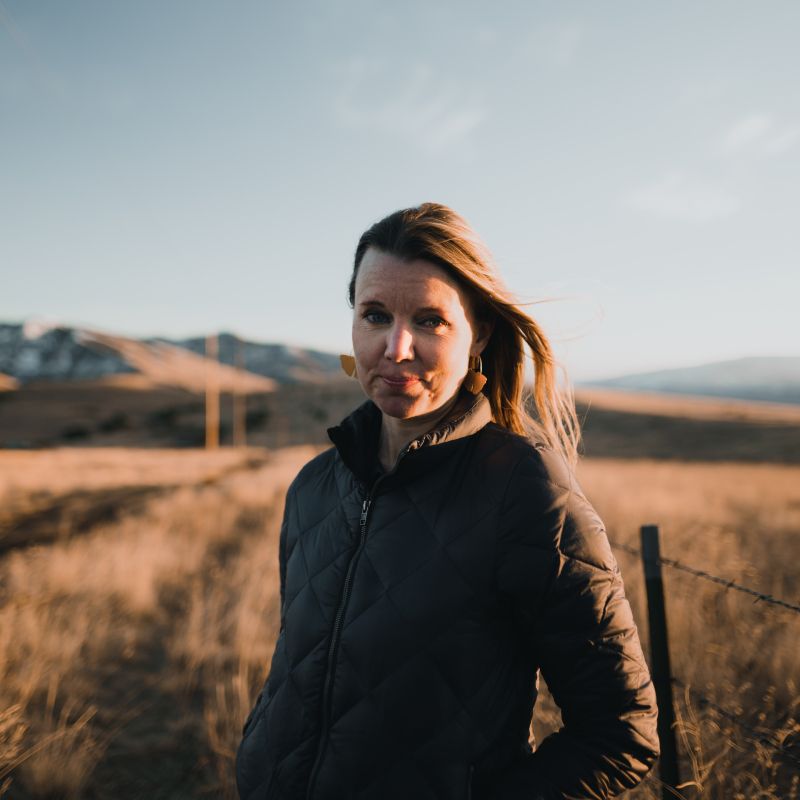
Q: Did you have any idea that your essay from 2019 would blow up the way it did?
A: I had no idea that it would spread as wide as it did. I think the tipping point was that a lot of middle class millennials started feeling what people who are working class, and people who are in poverty, have experienced for a really long time. People thought that because they were middle class, they would have some sort of stability in their lives and then suddenly realized that that wasn't available to them. It introduced them to something that we should have been paying attention to far before the largely white middle class started experiencing that.
Q: Your book ends with a call-to-action and a message that we need large-scale systematic reforms to change this culture of burnout. What does that call-to-action look like for millennial New Yorkers?
A: There's so much room in a place like New York because there's so much energy for change. There's so many organizations that are already doing this work that you can affix yourself to. I know a lot of people who are in small towns who feel like there is no energy to even get started, to start building community, to start figuring out how we can help the division of labor in the home. They feel like it's just going to be so much work to get the ball rolling, but that ball is already rolling in New York. Having a lot of that infrastructure in place for people to join is a huge step forward.
Q: What do you want people to take away from this book?
A: Just because things are this way now, it doesn't mean that they have to be this way moving forward. Work has felt different for people, even in our recent past, and there have been different ways that we have organized our lives and cared for one another as a society. I want people to hold that close—the idea that society can change, we can change it and it doesn't have to be incremental. We have kind of a weird moment right now where I think people are amenable to pretty big changes, but we have to be willing to imagine them.




